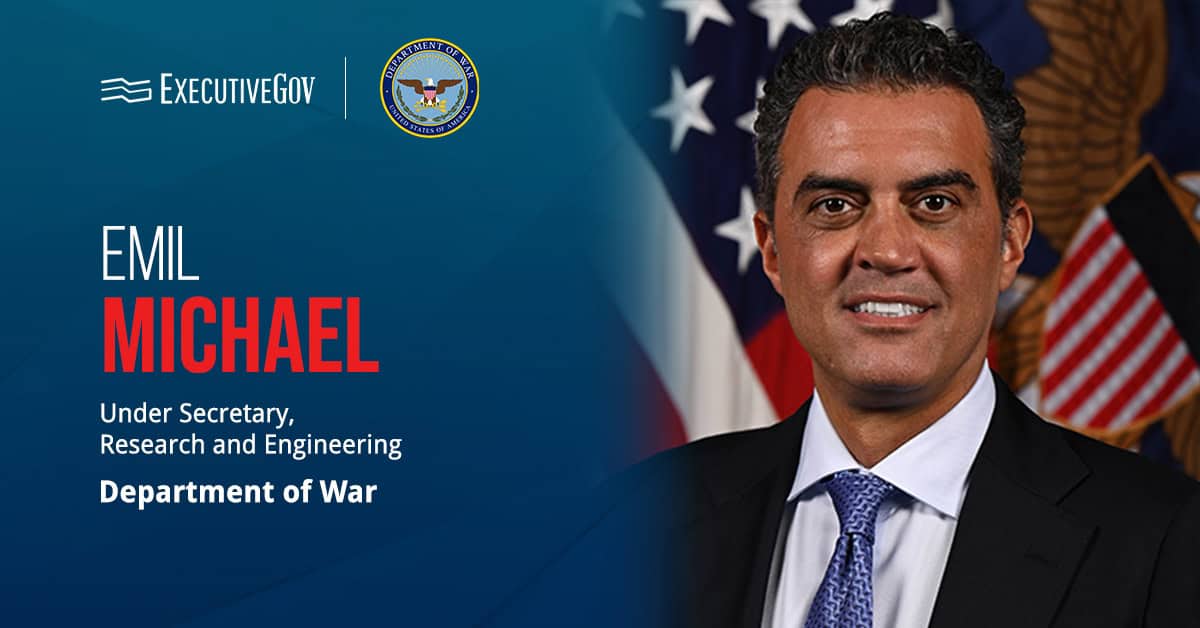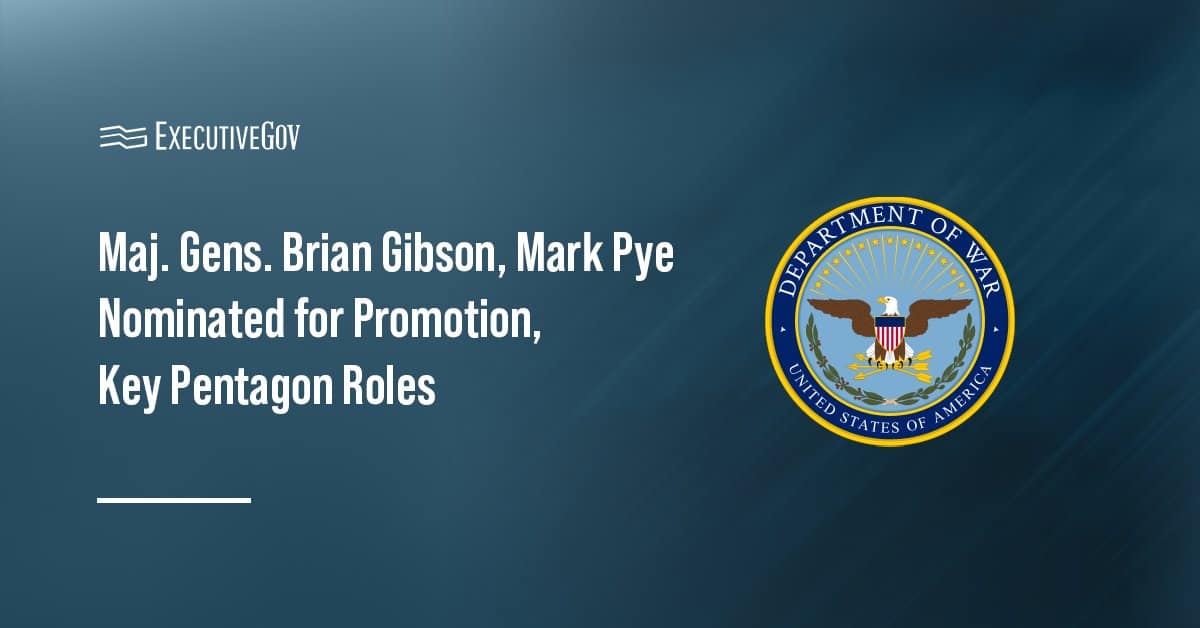 The Energy Department has formed a new office that will aim to secure U.S. energy infrastructure and support DOE’s national security missions.
The Energy Department has formed a new office that will aim to secure U.S. energy infrastructure and support DOE’s national security missions.President Donald Trump proposed a $96 million budget for the department’s new Office of Cybersecurity, Energy Security and Emergency Response in his fiscal 2019 budget request, DOE said Wednesday.
The department will appoint an assistant secretary to lead the CESER office in efforts to formulate a coordinated preparedness and response strategy meant to address natural and man-made threats to energy systems.
“This new office best positions the department to address the emerging threats of tomorrow while protecting the reliable flow of energy to Americans today,” said Energy Secretary Rick Perry.





